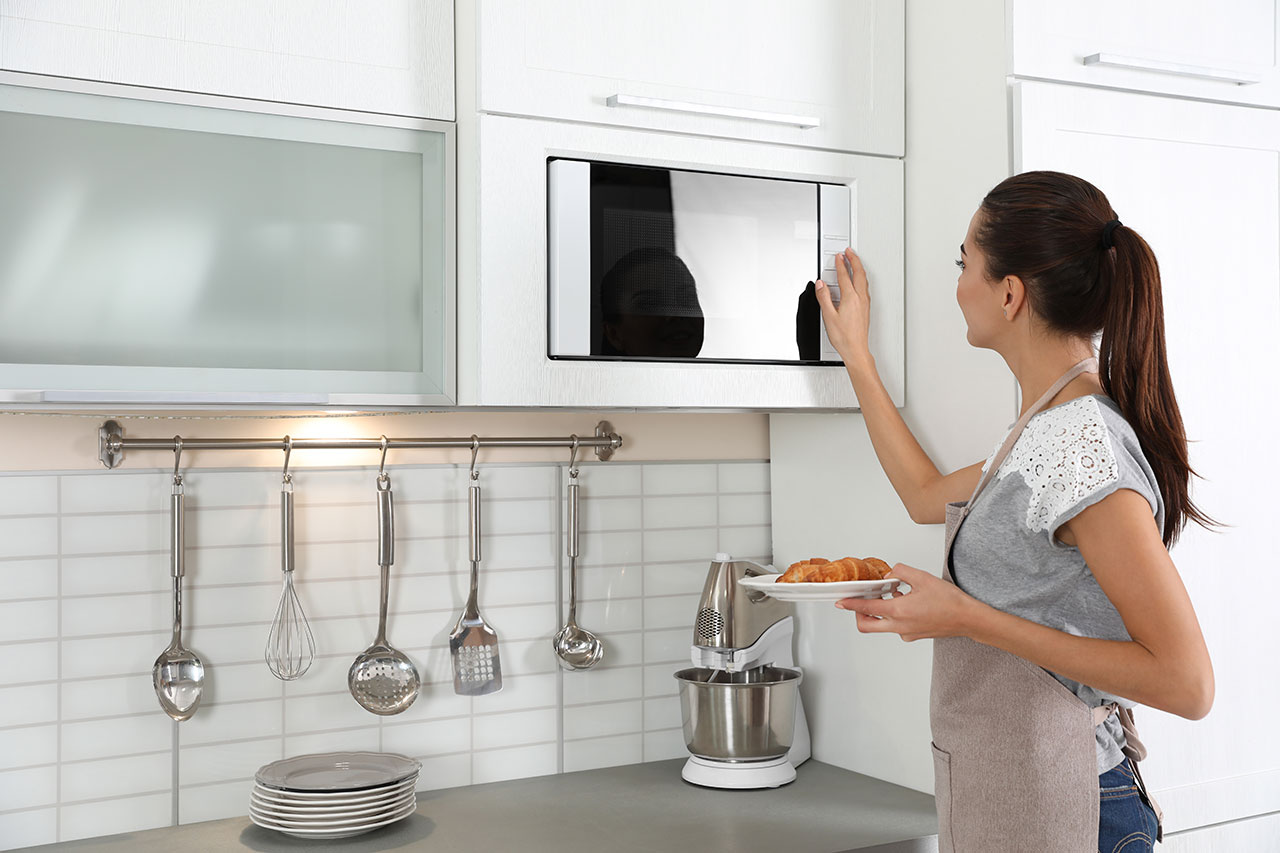
Get matched with top range hood installers in your area
Enter your zip and get matched with up to 3 pros
Matching on HomeAdvisor


Range hood installers in Tampa
No results for Range Hood Install in
Try adjusting your search criteria.Range hood installations FAQs
While venting a range hood outside is optimal for removing heat, smoke, odors, and grease, it's not always required. Ductless range hoods use filters to clean the air before recirculating it back into the kitchen. However, vented (also called ducted) hoods are more effective at maintaining a clean, safe kitchen environment.
No, a vented hood is not legally required for a gas range. However, installing a vented range hood above your gas range removes concentrated odors, fumes, and grease from your kitchen air and promotes a safer, cleaner cooking environment. This installation improves air quality and aligns with safety guidelines while ensuring that harmful particles are effectively expelled from your home.
To capture cooking emissions efficiently, you must install your range hood at a specified height above the cooktop. For electric stoves, mount the hood 24 inches above the cooktop; for gas appliances, secure it 30 inches high. This precise installation ensures optimal performance and complies with safety and building codes while maximizing the unit’s effectiveness.
Yes, you must install a range hood over an electric stove because these appliances generate smoke, heat, and airborne particles during cooking. A range hood improves air quality by drawing out combustion fumes and odors, ensuring a comfortable and safe kitchen environment. A professional installation guarantees precise positioning and compliance with local safety codes.
Smooth galvanized metal ducting is the optimal choice for range hood installations because it delivers maximum airflow and durability. This material efficiently transports heat, grease, and odors out of your kitchen while meeting local building codes. Avoid flexible or corrugated ducting, which restricts airflow and compromises safety. Consulting a range hood installation professional ensures correct duct selection and installation for superior performance.
When installed and maintained correctly, a range hood is designed to last between 10 and 20 years. Regular cleaning of its exterior, interior, and filters is essential to remove grease buildup and preserve performance. Establish a disciplined maintenance routine and engage professional cleaning services to extend the unit’s lifespan and uphold optimal safety standards.





- Appliance (Major Electric Appliance) - Install or Replace
- Clothes Dryer Repair
- Refrigerator Install or Repair
- Repair or Service a Clothes Washer or Dryer
- Microwave Repair
- Appliance (Microwave Oven) - Install or Replace
- Refrigerator or Freezer Repair
- Washing Machine Install or Repair
- Appliance Install
- Garbage Disposal Install or Replace
- Oven or Stove Repair
- Repair or Service an Oven or Stovetop
- Appliance (Major Gas Appliance) - Install or Replace
- Dishwasher Install or Repair
- Repair or Service a BBQ Grill
- Repair or Service a Small Size Appliance
- Repair or Service a Dishwasher
- Appliance Maintenance
- Repair or Service a Fridge, Freezer or Ice Maker
- Appliance (Smaller Size) - Install or Replace
- Birmingham
- Phoenix
- Tucson
- Fresno
- Long Beach
- Los Angeles
- Modesto
- Sacramento
- San Diego
- San Francisco
- San Jose
- Denver
- Hartford
- Washington DC
- Fort Lauderdale
- Jacksonville
- Miami
- Orlando
- Tampa
- Atlanta
- Chicago
- Indianapolis
- Louisville
- New Orleans
- Baltimore
- Boston
- Detroit
- Grand Rapids
- Minneapolis
- Saint Paul
- Kansas City
- Saint Louis
- Las Vegas
- Albany
- New York
- Asheville
- Charlotte
- Greensboro
- Raleigh
- Winston Salem
- Cincinnati
- Cleveland
- Columbus
- Oklahoma City
- Portland
- Harrisburg
- Philadelphia
- Pittsburgh
- Providence
- Memphis
- Nashville
- Austin
- Dallas
- El Paso
- Fort Worth
- Houston
- San Antonio
- Salt Lake City
- Norfolk
- Richmond
- Virginia Beach
- Seattle
- Madison
- Milwaukee



